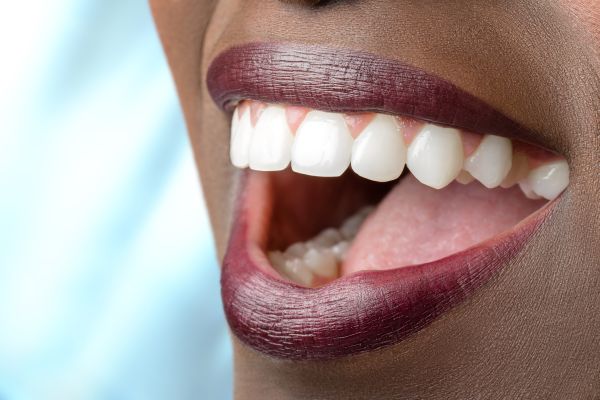Dental Overbite Correction: Surgical and Nonsurgical Orthodontic Treatments

An overbite is an orthodontic issue that causes your upper teeth to stick out over your lower teeth by a proportion of 30-50 percent. It can seem like your overbite is simply an issue with crooked teeth, but it actually means that your teeth and jaw are not properly aligning.
Various orthodontic treatments
If a person has an overbite left untreated, it can cause some serious dental complications. These can include tooth decay that is far from normal, including cavities, worn down enamel and gum disease. Fortunately, there are surgical and nonsurgical orthodontic treatments to help fix an overbite.
Braces
Braces are a two-stage procedure and are one of the most normal treatments for correcting an overbite. First, the dentist places metal brackets on the patient’s teeth and connects them with a wire. This will align and straighten the teeth. Once this phase is complete, attention can be given to the overbite itself. Rubber bands, springs and coils are placed on the braces to begin the slow shift of the jawline into the appropriate placement.
This orthodontic treatment can take anywhere from six months to two years.
Invisalign
This treatment option involves transparent aligners that will shift a patient’s teeth into the proper place. The new aligners are worn for 22 hours each day and are switched out every two weeks with a new pair. It is common for the treatment to take nine months to a year to complete.
While this treatment is designed for teeth straightening, it can also become a customized plan that shifts both the teeth and the jawline. This can help fix a patient’s overbite, as long as it is not too severe. If the case is extreme, then this option is probably not the one to consider.
Tooth extractions
In order to shift a person’s teeth, a specific amount of room is needed to anticipate the movement. If a patient has overly crowded teeth, there might not be enough space for proper teeth shifting to occur. In this case, tooth extractions may be necessary to allow for more room.
Surgery
In some cases, an overbite may be skeletal in nature. This means that surgery could be required so the jaw can be moved into a natural position. During the procedure, the surgeon may correct the misalignment by reshaping the bone, adding to it or taking away from it. Then the jaw will be kept in this new position using surgical plates, wires, screws and rubber bands.
Surgery is more likely to occur in older patients. Children’s jaws are easier to shift because they are still in the developmental and growth stage.
Tackle an overbite head-on
Do not wait for your overbite to cause excessive damage to your teeth or gums. Talk to your dental team about ways you can address and correct it. Invisalign, braces, extractions and surgery are all potential orthodontic options and you should find the one that is right for you and your needs.
The amount of time and money you want to spend can all influence your decision, so creating the right treatment plan is important.
Request an appointment here: https://www.smilesbydesignhuntsville.com or call Smiles by Design, PC at (256) 660-3233 for an appointment in our Huntsville office.
Check out what others are saying about our services on Yelp: Read our Yelp reviews.
Related Posts
Tooth loss can affect how you eat and speak, as well as how your smile looks. Restorative solutions, like implant crowns, are important for maintaining your dental and overall health. Implant crowns are strong and resemble natural teeth, blending well with surrounding teeth. They imitate the structure of real teeth, providing long-term benefits for those…
A dental restoration can improve your appearance and dental health. Your dentist can help you prepare for your procedure. The consultation can also tell you how you should care for your new smile. Here are the details if you want to know how to maintain your dental restoration for lasting results.Some fluoride treatments and toothpaste…
Any dental restoration can be challenging to budget for. Discussing the particulars with your dentist can help you get a clear idea of the final amount. Understanding the specific elements of your dental procedure is important in setting your budget. Here is a comprehensive guide for determining the cost of your dental restoration.This dental restoration…
There are many reasons why you might be considering switching from a general dentist to a family dentist. Perhaps you have moved to a different town, or maybe you are starting to go to the dentist for the first time in several years. Whatever the reasons are, you might be wondering what the difference between…
